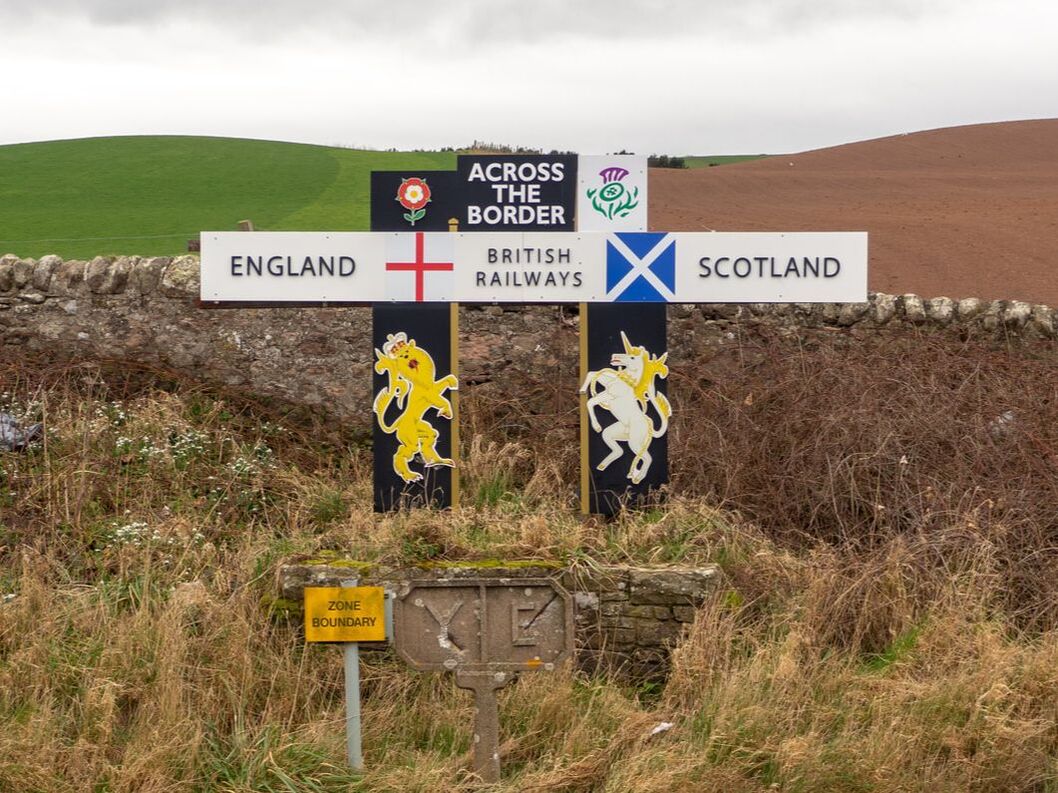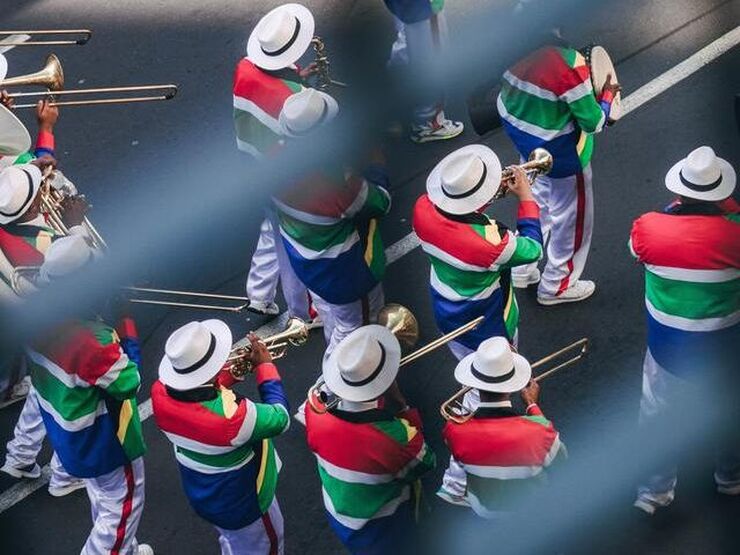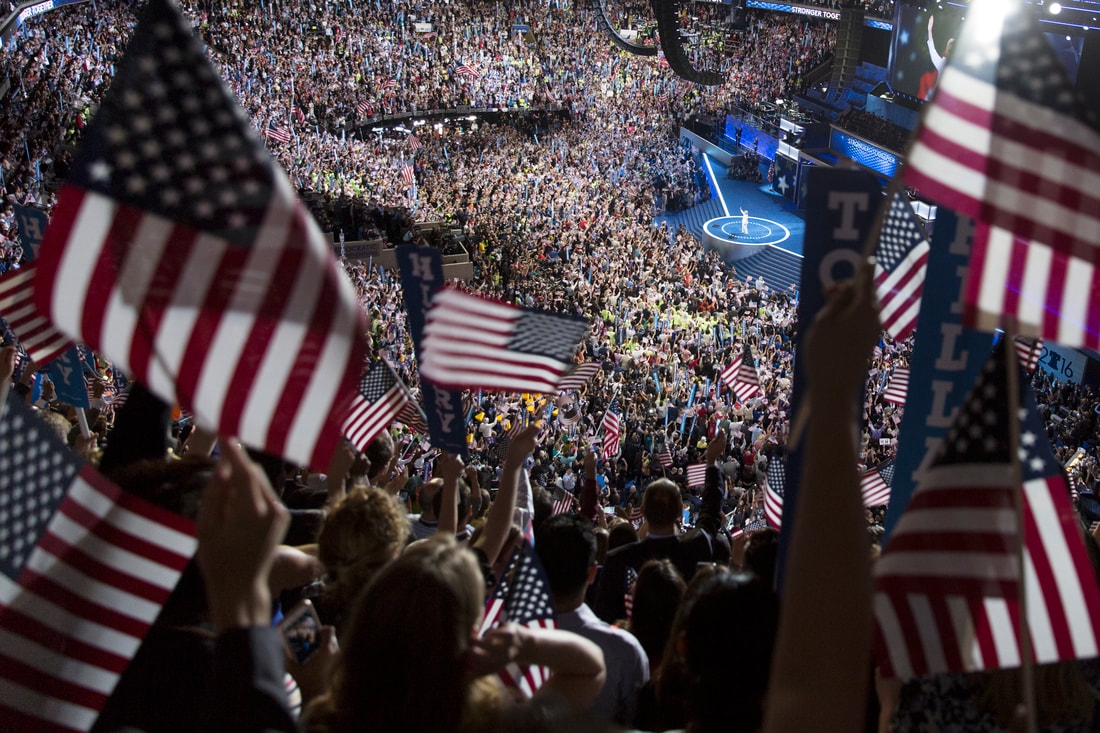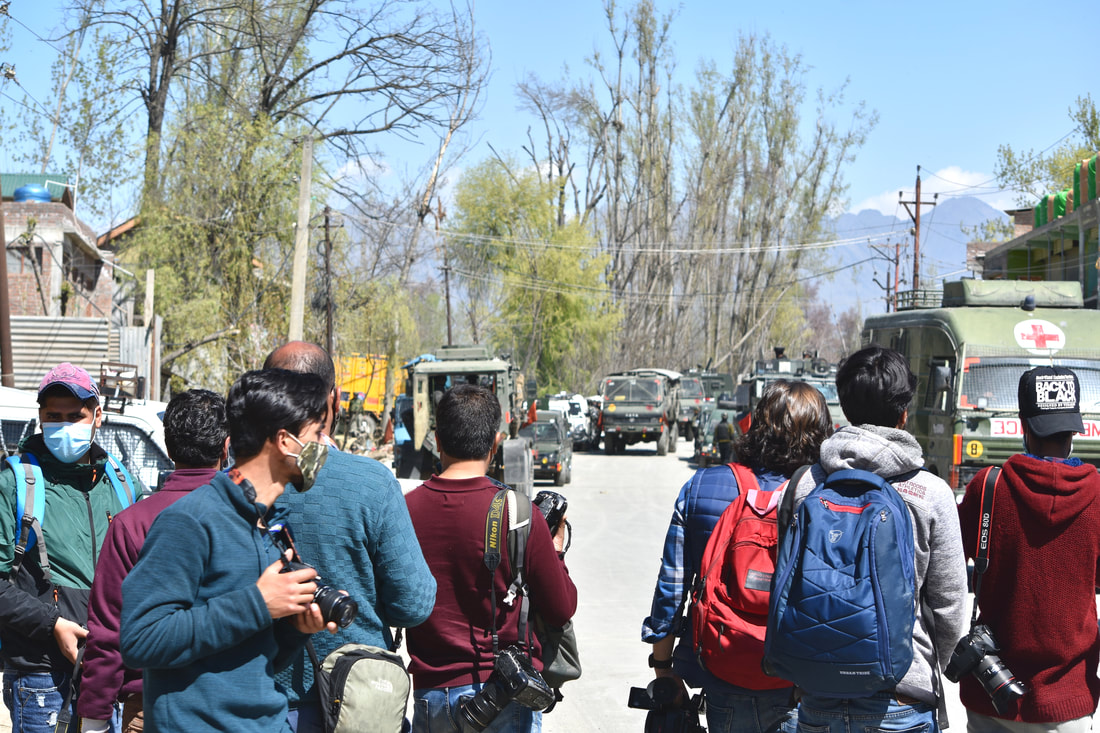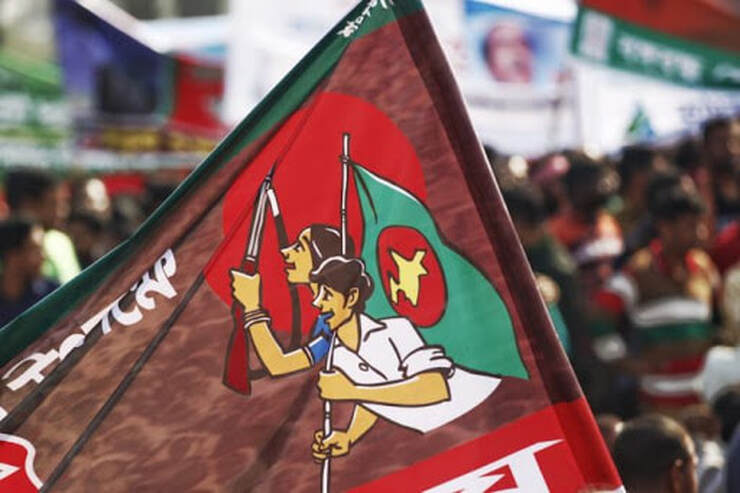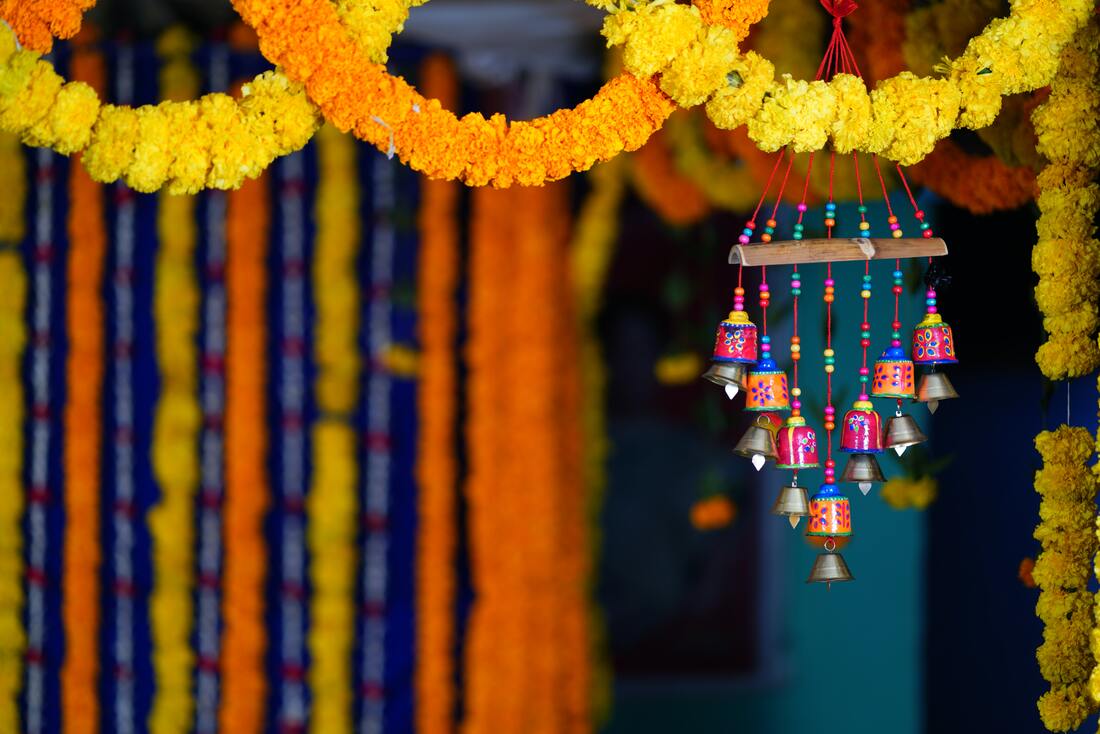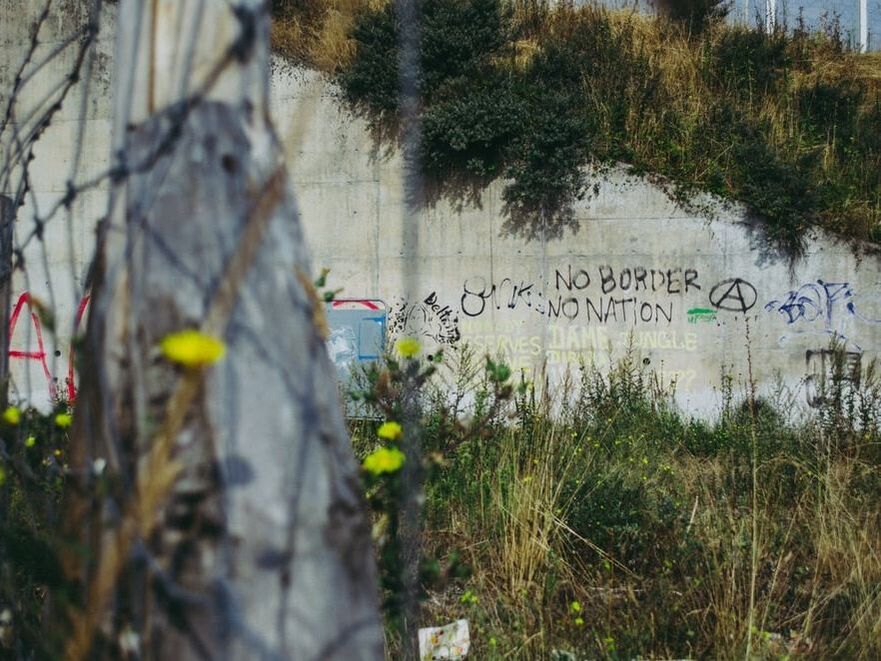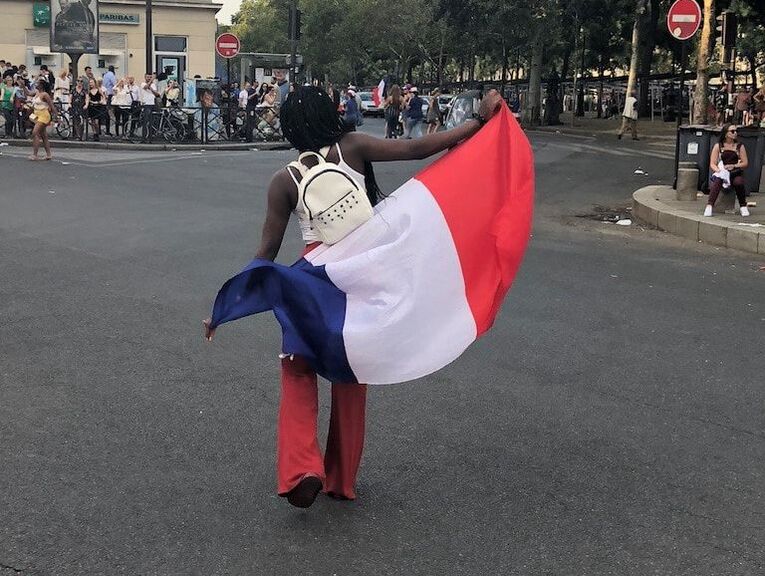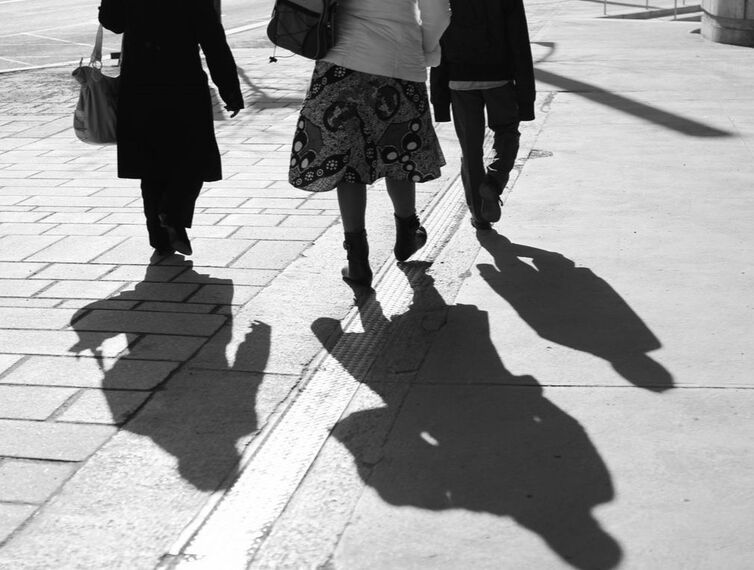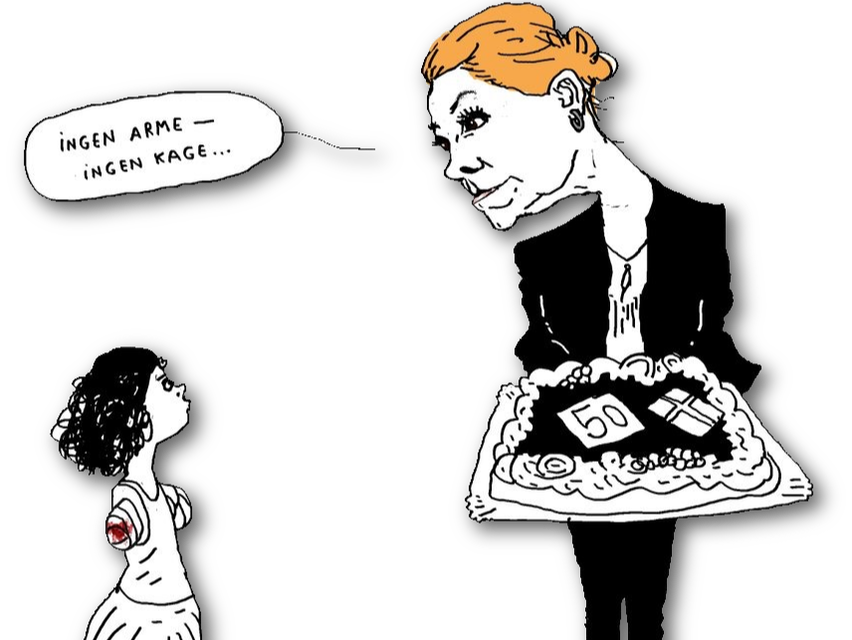|
|
|
Blog post by Christian Lamour, Luxembourg Institute of Socio-Economic Research, Luxembourg
Late modernity in the European Union is characterized by the return of ‘hot nationalism’, with a growing number of citizens supporting radical right parties and leaders. These political entities and personnel have hammered out an electoral winning, ‘nation-first’ agenda, which is notably marketed as protecting the cultural identity and cohesion of a national people, jeopardized by alien threats. This vivid return of national cultural identities in the agenda of European states has appeared at a time when relationships between EU member states have been remarkably peaceful for generations, whereas their main long-term heritage has been the reproduction of national conflicts, territorial gains and momentary stabilization of borders following treaties torn apart in subsequent wars. The cultural enemies defined by today’s EU radical right within specific nation states are not neighbouring nations, but communities, the identities of which are represented as external to the world of nations. This means the elites are characterized as Europeanized/globalized, whilst the non-European migrants are racialized as oriental/African entities replacing the European national identities with the support of the globalized elite.
0 Comments
We recently published our research about a potential rise of anti-Scottishness in England, post-Brexit, in Identities. This wasn’t originally the article we intended to write. We actually started off by exploring Scotland’s population challenges – a negative rate of natural change, an ageing population and population growth reliant on inward migration – issues which other Western countries are wrestling with. For Scotland, there is the added complication that the country has no control over migration as this is reserved to Westminster, and the present Conservative government is, in any case, committed to reducing the numbers coming to the UK.
So how did we come to write ‘Indifference or hostility? Anti-Scottishness in a post-Brexit England’? In the best academic traditions, we had begun by undertaking research with returning members of the Scottish diaspora – individuals who may have been born and educated in Scotland but who had been living and working elsewhere. Some had begun to move back to Scotland, suggesting that, for these individuals and families at any rate, their economic or personal circumstances were encouraging a homeward move.
Today, national symbols serve as modern totems to distinguish and portray nation-states. Most of us watched the Tokyo Olympic Games and saw the pride and intense emotions that athletes and fans displayed in paying homage to their national flags and anthems at medal ceremonies. National symbols are usually chosen to reflect a single united nation, but they are often contested in divided societies, as they play a powerful role in preserving the collective memories and reflecting the cultural narratives of groups.
It is therefore difficult to establish symbols which reverberate with the cultural legacies of diverse groups in divided societies, and in particular, post-conflict societies. Although some groups might identify less with official national symbols in diverse societies, nationalism scholars believe that attitudes can change over time. Due to the pervasive display of official symbols, people can become accustomed to them, and memories of former symbols associated with particular cultures can fade.
Patriotism is having a moment. From French President Emmanuel Macron’s claim that patriotism is ‘the exact opposite of nationalism’ to UK Labour Party leader Keir Starmer’s call for party members to be ‘proud of being patriotic’, centrist and progressive politicians are appealing to patriotism as a bulwark against the rise of right-wing nationalism. In the US, a July 2021 YouGov poll found that sixty-nine percent of respondents believed that a person could be considered patriotic while participating in a protest for racial equality.
These examples stand in contrast to other recent appeals to patriotism: an ultranationalist French political party established in 2017 took the name ‘Les Patriotes’. The Tory government has spent £163,000 on Union flags in the past two years, and has lent its support to the ‘patriotic’ One Britain One Nation campaign. And the same July 2021 YouGov poll in the US found that sixty percent of Republicans considered themselves ‘very patriotic’ – compared to only twenty-four percent of Democrats. Why is patriotism so appealing across the political spectrum? And what does this mean for the prospects of ‘progressive’ patriotism? My Identities article, ‘‘The opposite of nationalism’?: rethinking patriotism in US political discourse’, considers the multiple and contradictory – but always exclusionary – ways that patriotism has been used by politicians across the US political spectrum. Politicians of all stripes, I find, describe themselves and their supporters as patriots. Although few define the term explicitly, all frame patriotism as an implicitly positive love for one’s country. I argue that this vagueness allows politicians to position their policy agendas, and their own character, as ‘authentically’ American. Crucially, it also permits them to position their opponents as unpatriotic and, by extension, un-American. This sharpens any attacks on a politician’s opponent; even more dangerously, it hardens the borders between those who belong to the nation and those who do not. For non-citizens, migrants and racially minoritised people, appeals to patriotism bring exclusion and violence.
The 550 days of communication blockade that Kashmir witnessed between 5 August 2019 and 5 February 2021 was unprecedented - the longest ever communication blockade in the history of any democracy. Coupled with intimidation, threats and restrictions on movement, the Indian state makes it too difficult for the media to operate freely in the region.
In my Identities article, ‘Communication blackout and media gag: state-sponsored restrictions in conflict-hit region of Jammu and Kashmir’, I highlight the events after the abrogation of Article 370 and its impact on press freedom in the region, especially to understand the perception of local journalists reporting from ground zero post-August 2019. On 5 August 2019, the Narendra Modi led government revoked Article 370 of the Indian constitution that provides quasi-autonomy to the region. In a broader neocolonial context, the abolition of Kashmir's autonomy is also the culmination of the Hindu indigeneity ideology, according to which Muslims on the Indian subcontinent are portrayed as invaders and foreigners, and Kashmiri Muslims are doubly marked as the Other: first as Muslims, and second as Kashmiris committed to an unrelenting struggle for a UN-mandated plebiscite and democratic sovereignty.
The recent visit by Indian Prime Minister Narendra Modi to Bangladesh to attend celebrations marking 50 years since the birth of the country following the Liberation War in 1971 has drawn attention to the difficult task of building a nation on the back of a brutal and bloody civil war. At least four people were killed by police in the Bangladeshi city of Chittagong during a demonstration against Modi’s visit. Protesters from Hefazat-e-Islam Bangladesh, and counter protestors aligned with Bangladesh’s governing Awami League party, represent the central divide in Bangladeshi politics, between those who tie national identity to Islam and those who tie national identity to ethnicity and the Bengali language. This is a divide sometimes understood as one between those who ‘collaborated’ with the Pakistani military and those who participated in the independence struggle. On the Golden Jubilee of Bangladesh’s birth, this divide continues to shape Bangladesh’s political landscape today.
Using the case of the ‘Urdu-speaking minority’ in Bangladesh, my Identities article, ‘Displacement, integration and identity in the postcolonial world’, considered what the experience of minorities displaced during the Liberation War tells us about the Bangladeshi national imagination today. Their own voices, and the narratives of identity and integration in which they are situated, are revealing of the nature and boundaries of the nation state fifty years on from the country’s birth. Although the country remains divided around the role or significance of religion versus culture, and between those who ‘collaborated’ with the Pakistani military and those who participated in the independence struggle, there are older divides at work here too. Some of those who ended up on the wrong side of the Liberation War are accepted into the nation today. Here colonial narratives of ‘population’ versus ‘people-nation’, ‘community’ versus ‘citizen’ structure exclusion not only through narratives of the country’s foundation myth (as commonly assumed) but also through poverty and social space.
As India hosted the World Environment Day celebrations in 2018, the prime minister, Narendra Modi, addressed the nation through his radio programme:
This is a very important achievement for India and it is also an acknowledgement as well as recognition of India's growing leadership in the direction of tackling climate change. This time, the theme is ‘Beat Plastic Pollution’. I appeal to all of you that while trying to understand the importance of this theme, we should all ensure that we do not use low-grade polythene and low-grade plastics and try to curb the negative impact of plastic pollution on our environment….Our culture, our traditions have never taught us to be at loggerheads with nature. In his speech, India was projected as a leader in addressing climate change and a putative Indian culture was extolled as being effortlessly ecologically friendly. However, Modi’s claim of an environmentally-friendly Indian tradition is not supported by empirical evidence. For example, notions of civilisation in pre-colonial India– rather than preservation – of forests. Similarly, the intensification of traditional agriculture had detrimental ecological consequences even prior to the commercialisation of agriculture under colonial rule. Nevertheless, this claim of an ecologically sensitive Indian past is widely encountered – and promoted – in India and abroad.
The 21st century has witnessed a range of mass movements and street protests around the Arab world. In early 2011, an uprising founded on visions for a more just and free Egypt led to the overthrow of President Hosni Mubarak, while the following years and the election of Field Marshall Abdel Fattah al-Sisi proved that the military regime was far from defeated. Nevertheless, both opposition protests and state arrests continue to influence politics and everyday life in the country. For young people, political events are often formative for their images of what the future holds and what possible selves they imagine. The contemporary context of Egypt thus provides an opportunity to analytically explore the dynamics and intertwinement of personal hopes, utopian aspirations and post-revolutionary nostalgia and disappointment.
In my Identities article, ‘Experimenting with alternative futures in Cairo: young Muslim volunteers between god and the nation’, I examine how the personal hopes of young middle-class Egyptians develop into utopian aspirations for an alternative society, and eventually, how such aspirations are both strengthened and shattered in the aftermath of an uprising. Through ethnographic fieldwork among volunteers in Resala, Egypt’s largest Muslim youth NGO, from 2009 to 2015, I followed some of these young people from their first experiences with Muslim volunteer work through their excitement of the 2011 uprising. and finally to post-revolutionary times where they again renegotiate their orientations towards the future.
Have you ever thought about the way that language is used to frame our understanding of ourselves and other people? It wasn’t many years ago that public transport systems moved from calling people ‘passengers’ to ‘customers’ – a transition that reflects the privatisation of these services, and the now primarily economic nature of the relationship between the service user and provider.
On a global scale, we principally use the language of nation-states to frame self and other. These are not empty frames, but full of meaning, rights and responsibilities. Nation-states ascribe citizenship, enact power, arrange economies, provide healthcare and education (to varying degrees), determine freedom and influence (consider the power of a British passport over, say, an Iranian one), and control the movement of goods and people. But what happens when people challenge this nation-focused way of divvying up the world? How do we see the nationally non-compliant, and how does that influence how we ourselves are then framed?
Populists are in power, not because they miraculously solved the overwhelming problems the world faces today but, rather, they have captivating stories to tell. While the recent rise of populism has led to an immense body of academic work — now an industry of its own — this bourgeoning scholarship has focused heavily on social and economic drivers, yet neglected the narrative force of such movements. In fact, if politics is basically about storytelling, populist politicians have perfected the art. An essential question is then: What do populisms narrate?
National (or identitarian) populist leaders simply tell the same stories to their people. If one were to simply hide the names of leaders and national references in the statements of populists, it would be quite difficult to identify whether they belong to US President Donald Trump, Hungarian Prime Minister Viktor Orbán or Turkish President Tayyip Erdoğan. They all position themselves to lead their respective nations with honour, well deserved from the past, through the troubled waters of the present, to the shores of a bright(er) future. By that narrative, they weave seemingly unconnected events to make sense of reality. 25 years after apartheid: are British-born South Africans signing up to the ‘rainbow nation’?2/10/2019
2019 marks 25 years since Nelson Mandela was elected as the first black president of South Africa. Finally, apartheid, the system of racial segregation institutionalised by the Afrikaans-led Nationalist Party in 1948, was a chapter closed. Since that time, South Africans of all backgrounds have been debating the extent to which the post-apartheid vision of ‘a rainbow nation’ -- a multicultural unity of people of many different nations -- is being realised.
This question is not only of interest and importance within South Africa. Against a context of rising populism and white nationalism across the Global North, are white people in South Africa really rejecting the privileges of white supremacism which they have enjoyed for so long? My Identities article, 'Reimagining racism: understanding the whiteness and nationhood strategies of British-born South Africans', examines this question by looking at one group of South African Whites: those who were born in Britain and migrated to South Africa. Many did so in the 1960s, 70s and 80s, through a ‘Ten Pound Pom’ scheme which offered them cheap passage, good jobs and comfortable accommodation on arrival. Whereas, at home in Britain, there was rising rejection of the apartheid system in South Africa, this group chose to up sticks and move to a deeply segregated society. How do they explain this, to others and themselves? And how do they now talk about the situation in South Africa today?
When you see images of French daily life or French people in magazines, films, or other media, what do you see?
Usually, it’s white people, with perhaps a few visibly non-white people depicted. But this is odd for multiple reasons. One, France has a long history of immigration, primarily from its overseas territories and former colonies. Due to years of colonialism, colonial slavery, and subsequent migration, ethnic minorities, or 'visible minorities' in French academic parlance, have long been part of French society. Secondly, France does not acknowledge or measure race as a separate identity category. So while France is a multicultural society, it does not, as a facet of law, distinguish between these different cultures. One is either French or not. This is France’s Republican model.
In times of rising nationalism, expressed through growing support for anti-migration and anti-globalisation political parties, the nation seems under question in its unifying thrust.
Historically, the nation has emerged in association with a given ‘people’, defined in terms of common myths, language and ethnicity (Smith 1986), who claims sole entitlement to a given territory (Gellner 1983). With the ongoing demographic transformation, spurred in great part by international migration, the question is whether and how the nation might change because its ‘people’ is changing. In normative terms, civic, liberal and multicultural nationalism have tackled this issue, offering various ways of reconciling nation and diversity. Yet, the recent upsurge in the Western world of what can be called ‘white nationalism’, i.e. the (re)claiming of the nation as the privileged property of the white dominant group, openly challenges these normative projects.
If national security is in danger, the state can declare a state of emergency. This step will suspend normal legal procedures that allow the authorities to regain order and control.
What if politicians allege that the culture and identity of migrants and refugees are threatening the cultural cohesion and economic welfare of the nation-state? What if political leaders declare a national security emergency in order to get political support and funding for a wall? In my Identities article, 'Denmark’s blond vision and the fractal logics of a nation in danger', I show a new way to understand neo-nationalism, which is the kind that occurs within established nation-states, through the notion of a ‘nation in danger’, in relation to racialisation. The notion of the nation in danger is a specific logic that motivates a large ‘white’ majority of Danes in their perception and treatment of migrants, refugees, asylum-seekers and Danes of colour. It also separates for them who belongs to Denmark and who does not on the basis of racial, cultural and ethnic features |
|
Explore Identities at tandfonline.com/GIDE |
|
The views and opinions expressed on The Identities Blog are solely those of the original blog post authors, and not of the journal, Taylor & Francis Group or the University of Glasgow.

